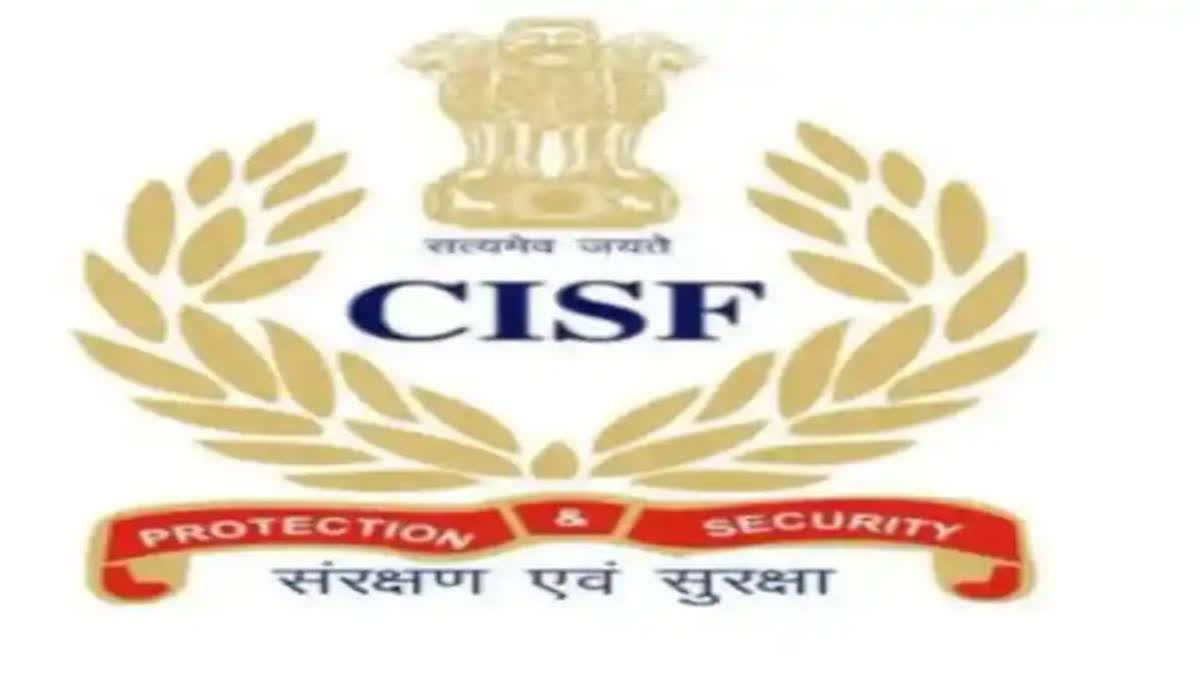### Enhanced Security Measures at Parliament: MHA Initiates Re-Survey for CISF Deployment
In a significant move to bolster the security framework of the Parliament House Complex, the Ministry of Home Affairs (MHA) has announced the formation of a seven-member joint survey team. This initiative aims to conduct a comprehensive re-assessment for the deployment of additional Central Industrial Security Force (CISF) personnel, potentially taking over the responsibilities currently held by the Parliament Security Service (PSS).
Over the past five months, the security landscape of the Parliament has seen a notable shift, with over 3,200 CISF personnel being deployed, gradually replacing the roles traditionally managed by the Delhi Police. This transition also encompasses the integration of specialized units into the CISF fold, including communication, anti-sabotage checks, command and control operations, and the dog squad.
The re-survey team, led by DIG CISF Ajay Kumar, is tasked with evaluating the feasibility of CISF assuming all 16 duties previously managed by the PSS. These duties range from access regulation for dignitaries and coordination of VIP movements within the Parliament complex, to security arrangements during high-profile events such as the presidential address.
The team’s composition reflects a collaborative approach, including members from the CISF, MHA, Intelligence Bureau, Delhi Police, and Parliament Security, ensuring a holistic review of the security needs and operational requirements.
This development has sparked concerns among the Rajya Sabha and Lok Sabha Secretariat Employees’ Associations, prompting discussions on the future service conditions and roles of the PSS personnel. The associations have expressed their apprehensions, highlighting the need to preserve the service conditions of the PSS amidst these changes.
The move to enhance Parliament’s security infrastructure follows incidents that exposed vulnerabilities within the current system, prompting the Home Ministry to explore more robust security solutions. This includes the formation of a committee to investigate a security breach incident, underscoring the government’s commitment to ensuring the safety and integrity of the nation’s legislative hub.
### Enhancing Parliament Security: A New Chapter with CISF
In a significant move aimed at bolstering the security framework of the Indian Parliament, the Ministry of Home Affairs (MHA) has initiated a comprehensive review of the security measures in place at the Parliament House Complex. This development comes against the backdrop of increasing concerns over the safety and security of this pivotal institution, which stands not just as a symbol of India’s democratic ethos but also as a critical hub of national decision-making.
The MHA’s decision to set up a seven-member joint survey team marks a pivotal shift towards re-evaluating and enhancing the security protocols of the Parliament. This team, led by DIG CISF Ajay Kumar, is tasked with conducting a thorough re-survey of the Parliament House Complex. Their objective is clear: to assess the feasibility of deploying additional Central Industrial Security Force (CISF) personnel to assume the duties currently managed by the Parliament Security Service (PSS).
Over the past five months, the CISF’s presence in Parliament security has seen a significant uptick, with more than 3,200 personnel being deployed. This transition from Delhi Police to CISF oversight encompasses a broad spectrum of security functions, including communication, anti-sabotage checks, command and control operations, and even the deployment of specialized dog squads. The move signifies a strategic shift towards centralizing and professionalizing the security apparatus within the Parliament premises.
The joint survey team’s mandate is comprehensive. They are to scrutinize the proposal of taking over all 16 duties currently performed by the PSS. This includes critical functions such as access regulation for MPs, VIPs, and senior government functionaries, coordination of VIP movement within the complex, and security arrangements during high-profile events like the presidential address. The team’s composition is notably inclusive, featuring representatives from the CISF, MHA, Intelligence Bureau, Delhi Police, and Parliament Security, ensuring a holistic approach to the security overhaul.
However, this proposed transition has not been without its concerns. The Rajya Sabha Secretariat Employees’ Association (RSSEA) and Lok Sabha Secretariat Employees’ Association (LSSEA) have voiced apprehensions regarding the future of PSS personnel and their service conditions. The associations have reached out to the Secretary-General of both Houses, expressing their worries and seeking assurances about their roles and responsibilities moving forward.
This move to enhance Parliament’s security infrastructure is, in part, a response to past security breaches, including a notable incident last year involving intruders in the Lok Sabha chamber. Such incidents have underscored the need for a more robust and responsive security framework, capable of preempting and effectively managing any threats to the Parliament’s integrity.
As the joint survey team embarks on its mission, the focus is not just on safeguarding the physical premises of the Parliament but also on preserving the sanctity of India’s democratic processes. The transition towards a more centralized and professional security setup, spearheaded by the CISF, represents a critical step forward in this direction. However, as this process unfolds, it will be crucial to balance security enhancements with the concerns and welfare of the existing Parliament security personnel, ensuring a seamless and inclusive transition to a safer and more secure parliamentary environment.

